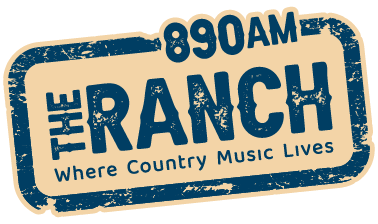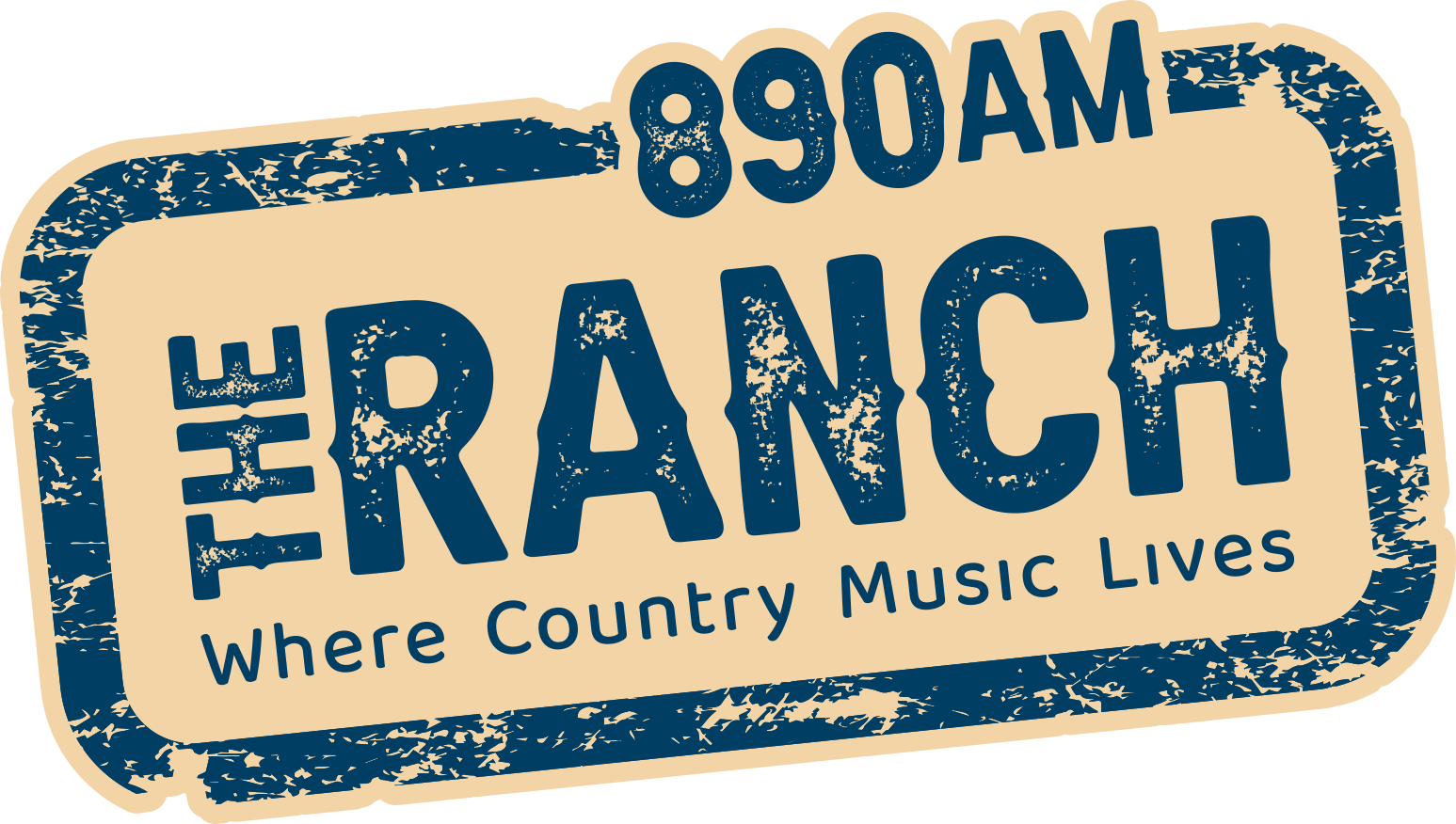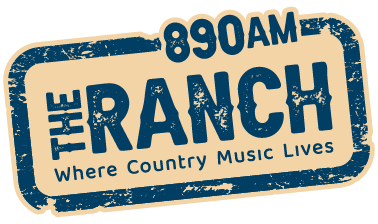A healthcare helicopter service will continue to operate in the Peace after a budget cut threatened “detrimental changes” to their operations in the region.
Members of the Peace River regional district’s board voted to renew their contract with the Shock Trauma Air Rescue Service, or STARS. The group is responsible for transporting some residents of the vast Peace region between its various hospitals. Their helicopters have a medical interior which allows care to be administered while patients are en route.
During a previous meeting, the regional district amended their health service grant-in-aid policy. A cap of $75,000 per applicant will be applied going forward.
“(The changes) will have detrimental effects to the STARS GP base operations that serves your residents and vast remote region,” the service said in a letter to the board. They wrote regarding the almost $100,00 decrease from the region’s historical contributions.
The amount also falls under the organization’s $100,000 annual minimum for regions.
Upon hearing this, the Peace River regional district board discussed whether they should commit to a contract or defer the conversation until 2026 budget deliberations.
Regional board member Darryl Krakowka, who represents Tumbler Ridge, said the service is too essential for its funding to be put off – especially in his district, where Northern Health recently shortened the emergency department’s hours.
“We have a lifesaving organization that we have used within our region, our residents have, I am committed to a three-year funding (agreement) today … It shows our residents that we are supporting lifesaving opportunity when it comes to having an aircraft available like they are at any location in the Peace region,” he said.
In the end, the board voted in favour of renewing their original contract for three years starting next year at their standard rate of $170,000 annually. The move will keep the board within their budget for 2026, regional district staff said.
Board member Darcy Dober, who is also the mayor of Dawson Creek, said the group should consider revisiting the limit of $75,000. He said other health organizations also raised concerns.












